Benjamin Clementine: From busker to Mercury winner
- Published
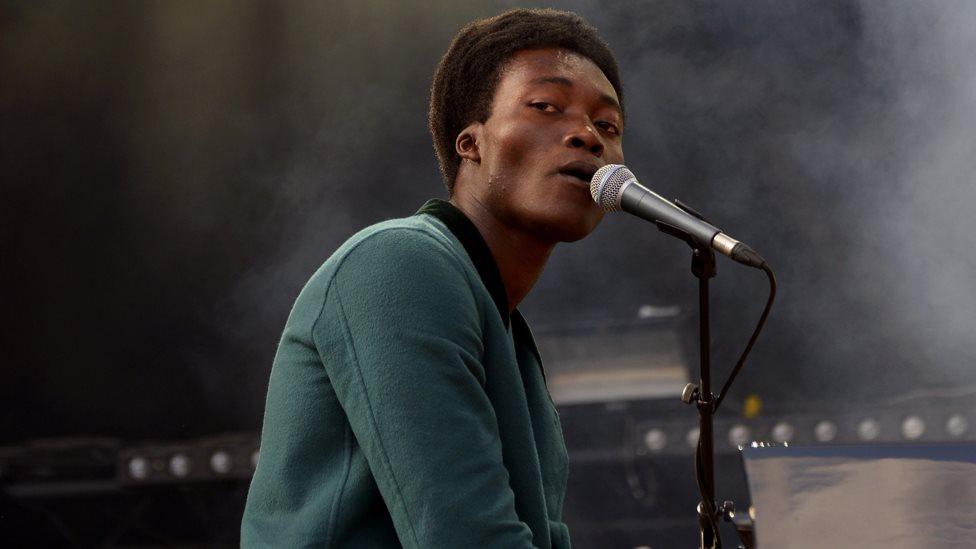
The musician has attracted attention for playing the piano barefoot
Singer-songwriter Benjamin Clementine has won the 2015 Mercury Music Prize for his searingly personal debut album, At Least For Now. It is a remarkable turnaround for the 26-year-old, who was sleeping rough in Paris six years ago.
Clementine's record is a "stunningly original and emotionally gripping album that offers endless and surprising delights", said the Mercury Prize judges - but that captivating music came from some "very dark places", the musician told the BBC.
The opening track repurposes one of Winston Churchill's most famous speeches to address his unhappy childhood: "Never in the field of human affection / had so much been given for so few attention."
Another, Cornerstone, contains the bleak lyrics: "I am lonely / Alone in a box of stone / They claimed to love me, but they're all wrong."
"My music is not mainstream music," Clementine told the BBC - but its raw honesty, delivered in a rasping tenor over dramatically-played piano, has captivated many fellow musicians, including Paul McCartney, Charles Aznavour and Bjork.
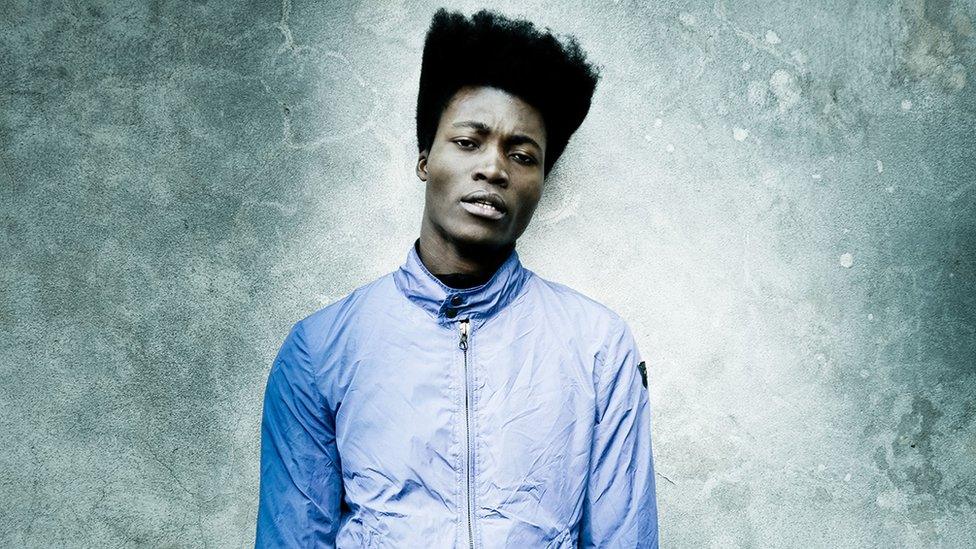
Clementine's voice has been called "throaty, powerful, and theatrical" and compared to Nina Simone
Born in Ghana, Clementine moved to Edmonton in north London as a child.
His parents - strict and religious - divorced when he was 13 years old. He no longer speaks to them, telling the Evening Standard their relationship had always been fractious: "I got into a lot of trouble. Maybe that's why my parents didn't really like me and I didn't blend in with my family. I was always the naughty one."
It was his elder brother Joseph who provided support and encouragement as he grew up.
"My father was never there, so Joseph stood up and taught me to respect people, to be humble.
"His hobby is reading [and] he gave me a lot of dictionaries to read. He helped me quite a lot."
Bullied at school for being effeminate, Clementine walked away from education aged 16 and was effectively homeless in Camden, living in a friend's flat and working as a model for Abercrombie and Fitch.
An argument with his flatmate prompted him to flee to Paris in 2009, with just £60 and a packet of spaghetti to his name.
"I actually took a bag of uncooked spaghetti, thinking I was going to get a place to cook it," he recalled.
After realising how naive he had been, the teenager "threw it away and started begging".
"I was living nowhere - in doorways, on streets, in the snow in winter. I couldn't speak the language. So I just had to get on."
He began to busk at the Place de Clichy metro station, making what money he could from music. At first, he sang unaccompanied, learning to project his voice down the corridors and carriages. Within six months, he had scraped enough cash together to move into a hostel. There, he taught himself guitar, piano and drums, slowly finding his calling as a musician.

The singer said he would donate a portion of his Mercury Prize winnings to homelessness charities
Clementine is careful not to romanticise this period in his life, stating bluntly: "This sleeping rough, a lot of people do it, so I'm not going to milk it."
What he does admit is that the experience showed him where his talents lay.
"In Paris, I was really singing for the sake of living. But eventually people said, 'keep going, you've got a great voice' and I started having confidence in my voice all of a sudden. That's when I started creating my own music."
That voice - an intense, cracked baritone - is astonishing. He has been compared to Nina Simone, Nat King Cole and his inspiration, Antony Hegarty.
It was his vocals that caught the attention of his manager at an impromptu gig at the Cannes Film Festival in 2012. Soon, he was recording an EP and being hailed as the "English revelation of the Francophiles festival".
The success of those EPs led to a full record deal with EMI and his debut album, released earlier this year.
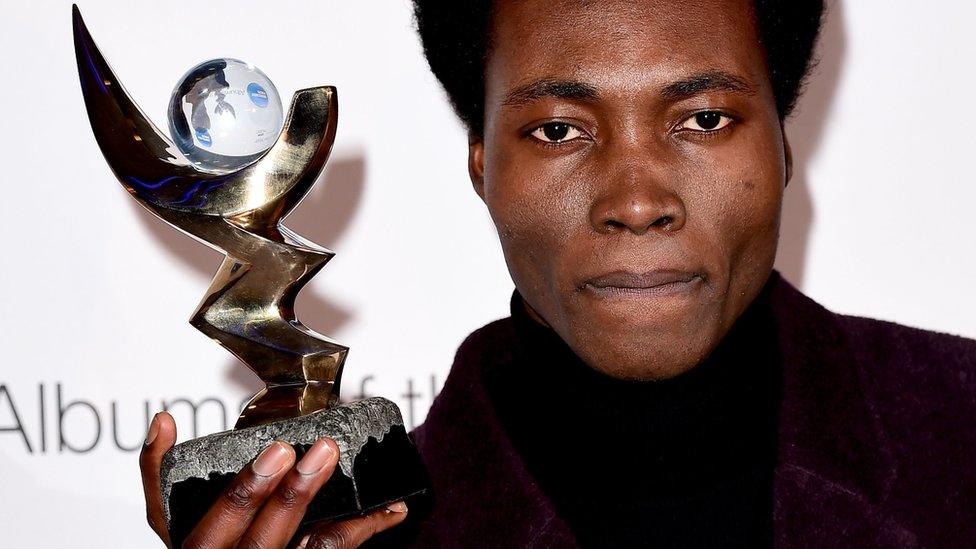
The singer's album, which charted at 31 upon its release, is expected to receive a sales boost following the Mercury Prize
His music is inspired by the melodramatic French compositional style nouvelle chanson, and provides a fitting backdrop to his overwrought, painful lyrics.
But while Clementine admits the album comes from "dark places in my life and other people's lives" he maintains that "there is a bit of hope".
"I believe when the music is being sung or being played, at the end of it there's some sort of grace and understanding.
"And that's all I want for humanity. I just want us to understand each other. That's the point of my music."
That is why he dedicated his Mercury Prize to the victims of last week's terror attacks in Paris - regular people who Clementine described as "heroes".
"The greatest in heroes in life are the anonymous," he said. "That's what I believe. Your neighbours are heroes. People who, when you walk down the street, you see them feeding their little baby - these people are heroes because they are living under difficult situations but they're still trying to save a life.
"I couldn't have dedicated the prize to a much better person that those heroes who died."

- Published20 November 2015
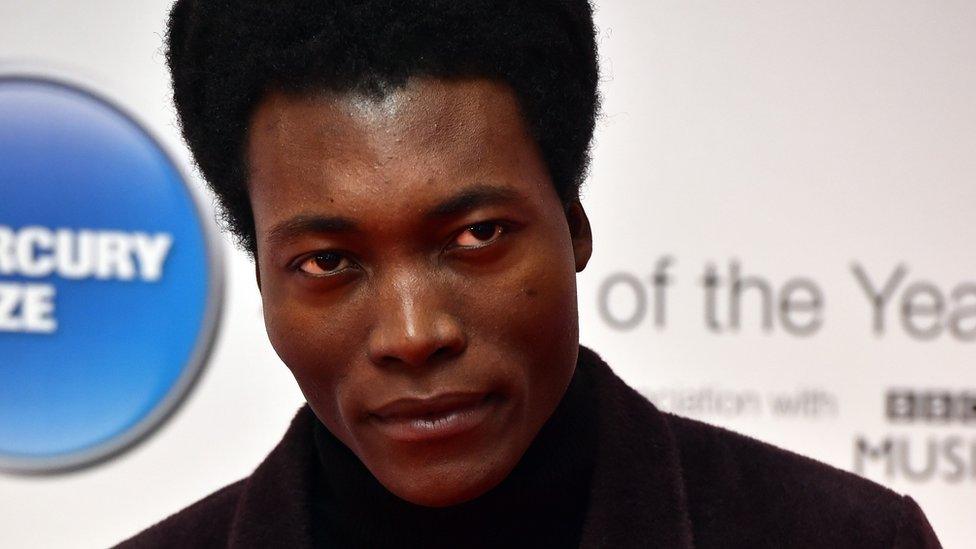
- Published20 November 2015
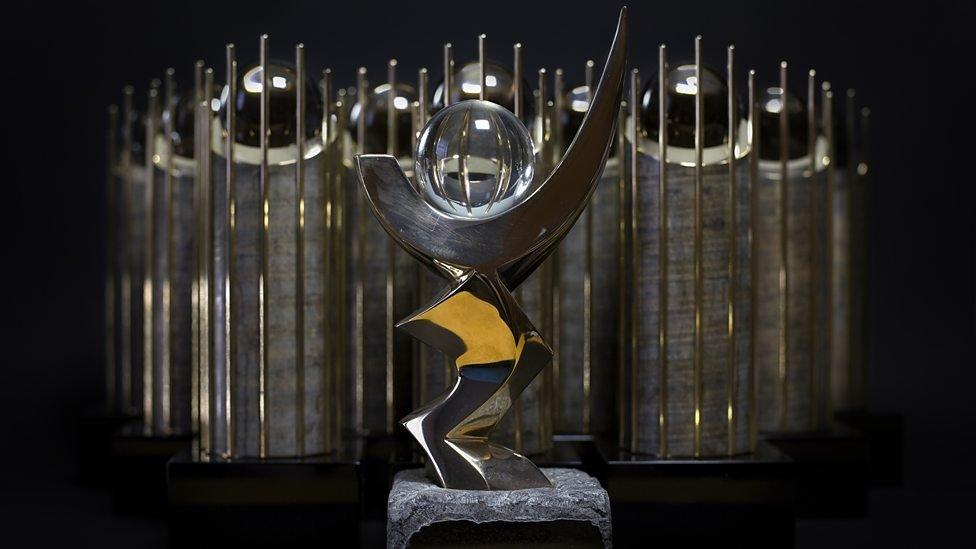
- Published16 October 2015
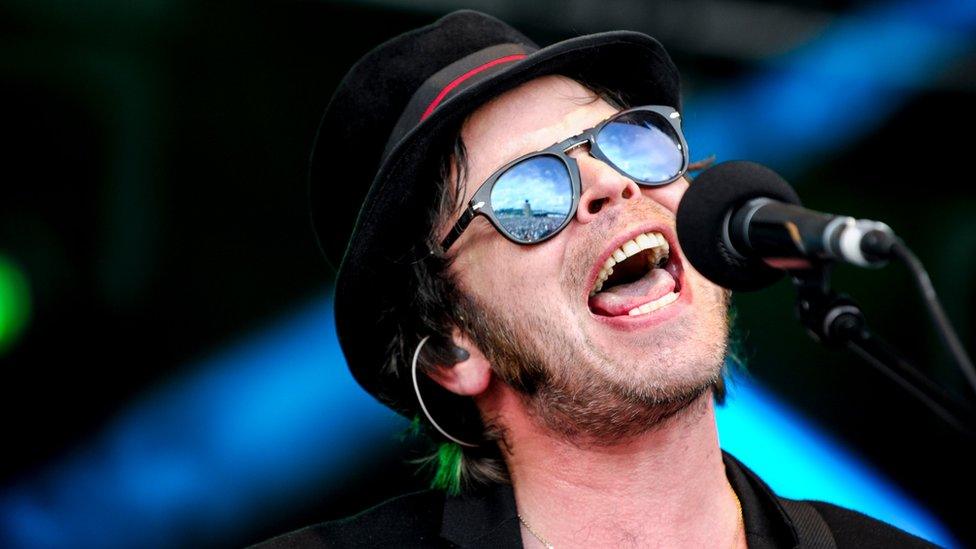
- Published19 November 2015

- Published19 November 2015
